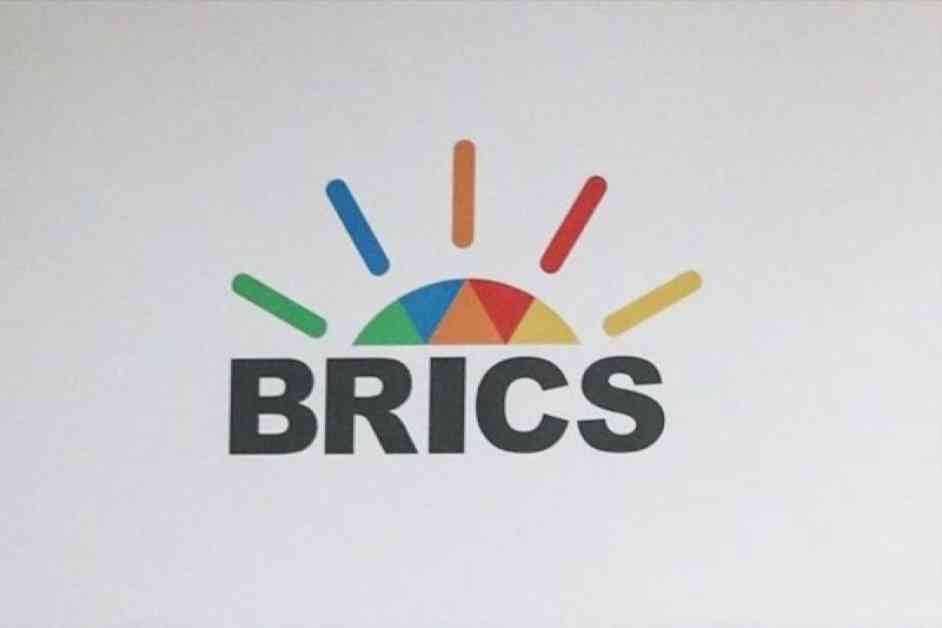BRICS Membership: Indonesia’s New Economic Frontier
Indonesia has officially joined the ranks of BRICS, an intergovernmental organization comprising Brazil, Russia, India, China, South Africa, and several other nations. This move marks a significant shift in Indonesia’s economic diplomacy on the global stage, aiming to challenge the dominance of developed countries in international financial institutions like the IMF and the World Bank.
Benefits of BRICS Membership for Indonesia
The New Development Bank (NDB) established by BRICS states offers Indonesia a unique opportunity to finance infrastructure and development projects within member countries. This access to funding can support strategic initiatives like the construction of Nusantara, the new capital city, energy transition efforts, and the development of special economic zones.
Moreover, Indonesia’s participation in BRICS opens doors for enhanced trade, economic collaboration, and investment cooperation with other member nations. This collaboration can potentially boost sustainable growth and create significant opportunities for technology transfer, renewable energy development, and market expansion for key Indonesian exports.
Challenges and Risks of BRICS Membership
While the benefits of joining BRICS are promising, Indonesia must also navigate challenges within the group. The diverse economic and geopolitical interests of member countries could lead to conflicts that complicate decision-making processes. Additionally, Indonesia’s alignment with BRICS may be perceived as a shift away from traditional Western alliances, posing geopolitical risks that require careful consideration.
Strategic Approach to BRICS Membership
To maximize the benefits of BRICS membership, Indonesia must prioritize its national objectives within the group’s framework. This involves advocating for inclusive and development-oriented global agendas, proposing initiatives like a special fund for renewable energy technology development, and promoting private sector and civil society involvement in decision-making processes.
Indonesia’s membership in BRICS represents a significant opportunity for the country to enhance its global standing and demonstrate progressive leadership on the world stage. By strategically navigating the opportunities and challenges that come with membership, Indonesia can leverage its position to drive sustainable growth, economic development, and inclusive global cooperation.






















